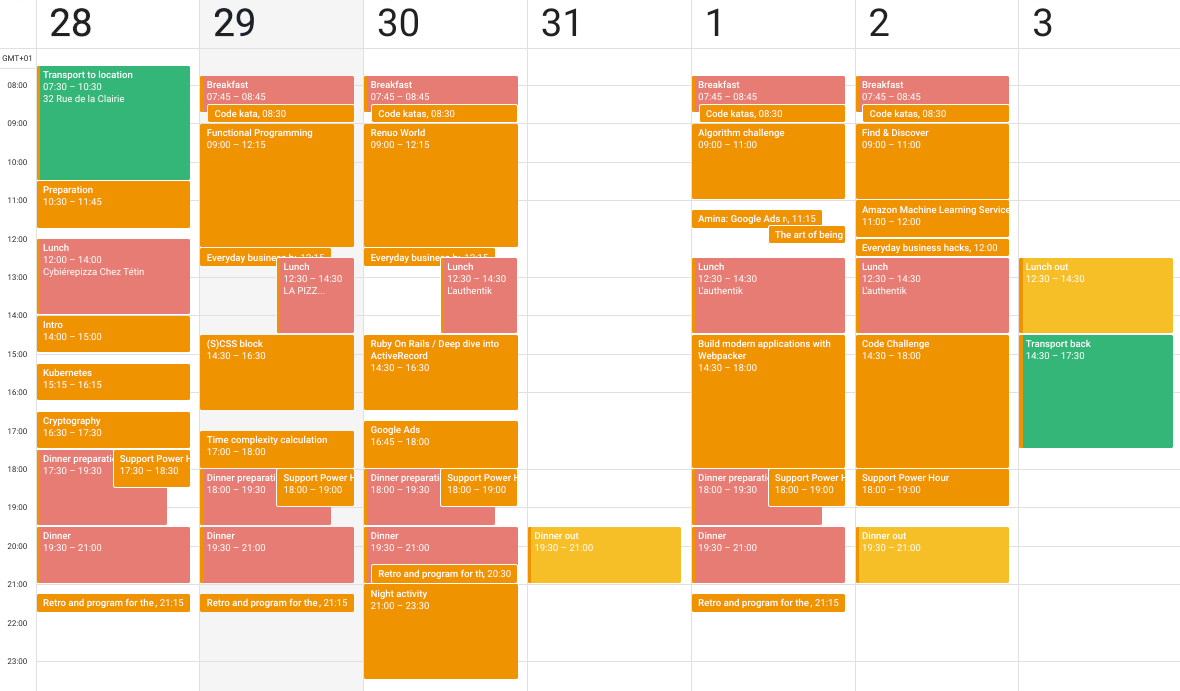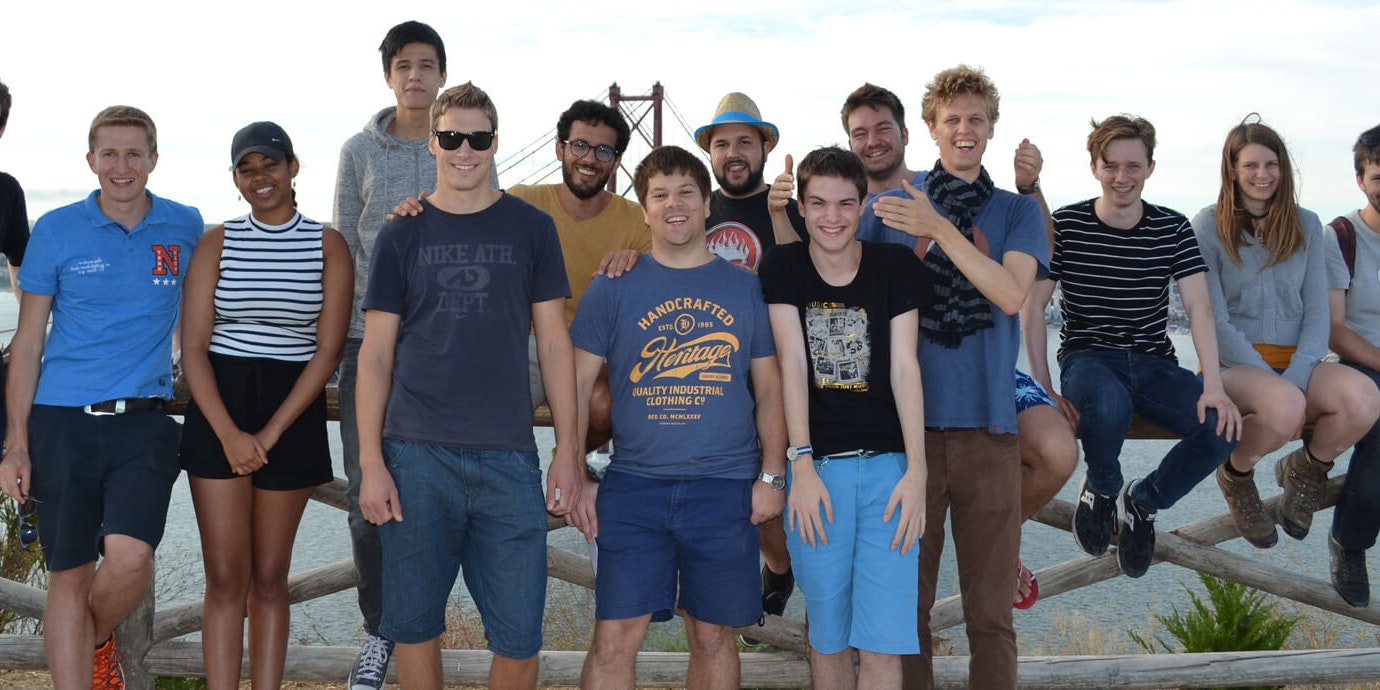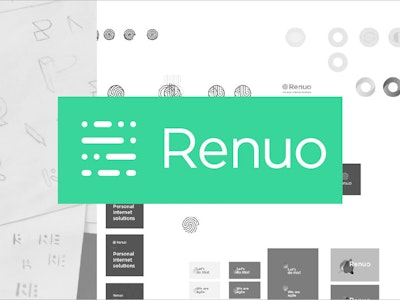We see continuous further training as a matter of course. We are of the opinion that education is of fundamental importance and demand a high level of training and willingness to undertake further training from our employees. For example, we have the concept of an «investment time», in which you can spend 12% of your annual working time independently (and self-responsibly) on further training. In addition to regular further training, since 2015 we have been organizing an annual «Learning Week» (some companies also call this a «company retreat»). The aim of this week is to learn from each other. This covers the use of existing technologies as well as new technologies. In addition, of course, there will also be space for team building and fun.
In conversations with customers and friends, I notice that this particular week is always met with enthusiasm and interest. For this reason, in this blog article I present our lessons learned and best practices in the organisation of such Learning Weeks.
Company retreat best practice 1: Duration and time
In the previous Learning Weeks we tried out different lengths and time periods. For us a length of 7 days with 1 day leisure activity in the middle has proved to be the best. We travel on Sunday and return on Saturday. I am tempted to describe this as the most effective duration: Fewer days mean a reduction in training and time together, more days lead to fatigue, stress and in the worst case conflicts.
The period when this week takes place plays a subordinate role. A week that is not particularly busy is best suited. With us October/November played itself in, because then are no more holidays and it is generally calmer before Christmas.
Company retreat best practice 2: Location
In the four organized company retreats we made the experience that the rural is better suited than a city. The reason for this is the distraction and noise that a city undoubtedly brings with it. A secluded house, on the other hand, offers plenty of space for thinking, inspiration and time for each other.
It is important for me to mention that we deliberately do not book a hotel and corresponding meeting rooms, but rent into a sufficiently large house (for example 2015 at Sicily, 2016 at Lisbon, 2017 at Comer See and 2018 in La Bresse). With regard to team building, this is an important aspect that promotes living together and getting to know each other. Ideally, the language region is a foreign one and the location is two to three hours away from Zurich, so you can easily get there by car. In concrete terms, these are for example Western Switzerland, Alsace or Lombardy. Flights and renting cars entail increased travel and coordination costs, which discourage other activities.
Company retreat best practice 3: Program
Everything in the world is a give and take! In this sense, all participants of the week should also contribute presentations and workshops. Yes, this also includes the interns. The process of the program identification starts with a common brainstorming, which ranges are to be deepened further, or to be lit up again. There is even the rule that each member must name at least three topics. Inspiration for it is provided by weekly newsletters (Ruby Weekly, JavaScript Weekly, etc.) or discussions with friends, competitors and customers. Subsequently, a committee of 2 develops the weekly program, which looks like the following:

The content of the program always includes technical blocks (the focus) and business questions. This year's program is listed below as an example:
Technical:
- Kubernetes: An intro & overview
- Cryptography: An intro & overview
- Functional Programming: Coming from imperative to functional programming
- What's new in CSS?
- Time complexity calculation: Runtime & memory usage in algorithms
- Algorithm challenge
- Ruby on Rails: A deep dive into ActiveRecord
- Ruby on Rails: Modern web application with WebPacker
- Amazon Machine Learning Services
- Daily code katas (short, self-contained and repetitive code exercises)
Business:
- How are wages organized in 2019?
- How should staff appraisals take place in the future?
- Google Ads Challenge
- The art of being an optimist
- Daily small inputs «Daily Business Hacks»
Furthermore:
- Spiritual Input & Night Activity
- «Find and discover»: During one hour, each person researches a (new) topic, which is then presented for five minutes.
Additional roles:
- Daily manager: Every day one person is responsible for ensuring that everyone is in the right place at the right time and that the times are met during the workshops.
- Reviewer: A feedback round takes place every evening. On the one hand the general state of health and on the other hand the individual training blocks are discussed. Afterwards, the next day is discussed and, if necessary, adjustments are made to the program. The review meeting is also a wonderful opportunity to provide constructive feedback. Of course, with appropriate prior training on how to give feedback. :-)
Company retreat best practice 4: Teambuilding
The program described above shows that there are no specific teambuilding events. The reason is simple: The whole week itself is extreme teambuilding! Any person who has already spent a whole week with a group in a confined space can confirm this. The cool thing: It all comes for free and doesn't need any external coaches or animators.
It is also worth mentioning that we prepare the dinner ourselves. Cooking groups take care of the planning and preparation of each dinner. A really great experience, and last but not least a school of life for one or the other ;-).
Result
The implementation of company retreats represents an important pillar in our company in terms of further training and team cohesion. For us, the length of 7 days (with 1 free day in the middle), renting a common house in the country, and collaborating on the program proved to be best practices.






